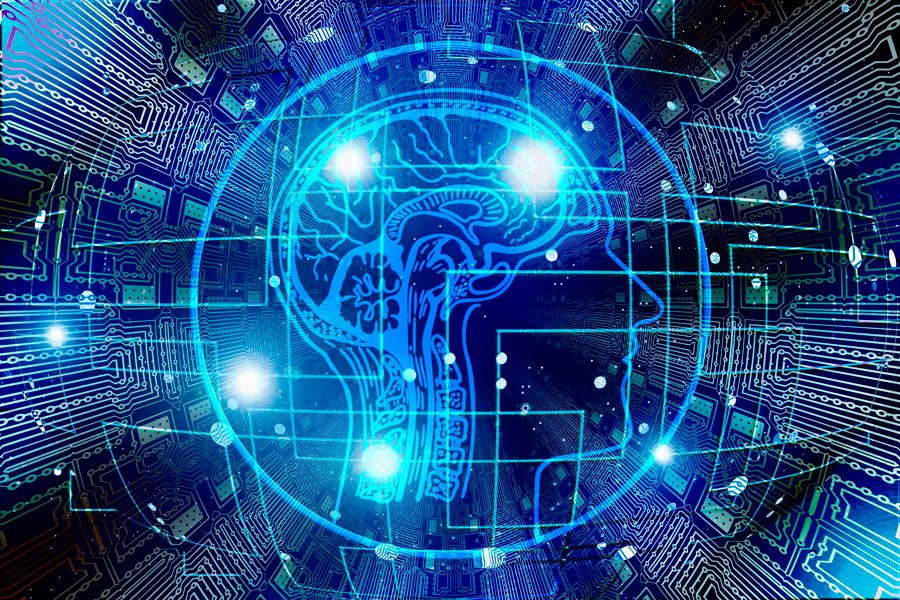New Collaborative Research Centre Neuroelectronics at Kiel University
The German Research Foundation is funding the new Collaborative Research Center (SFB) 1461 "Neuroelectronics: Biologically Inspired Information Processing" at Kiel University with approximately 11.5 million euros.

© Pixabay
/CAU, Eulitz/ BN, Duppé/ Together with the extension of the CRC 261 “Magnetoelectric Sensors: From Composite Materials to Biomagnetic Diagnostics”, the German Research Foundation DFG has granted a total of around 25 million euros for two research collaborations at the interface between technology, biology and medicine. Both Collaborative Research Centers are located at the Kiel Research Center, Nano Surface and Interface Science (KiNSIS) at the University of Kiel.
“This is a great success for both research networks and Kiel University. The dual commitment of the DFG is clear testament of the top-level research that has been established across different disciplines – congratulations to all the researchers and partner institutions involved”, said Professor Simone Fulda, President of Kiel University. “Both major projects offer exciting potential for the future at the interfaces of engineering, biology, and medicine and are important pillars of the foundation of our research in the next round of the German Excellence Strategy,” continued Fulda.
Collaborative Research Centre (CRC) 1461 “Neurotronics: Bio-inspired Information Pathways”
In the CRC 1461 “Neurotronics: Bio-inspired Information Pathways” scientists from nine participating partner institutions intend to develop a new hardware electronic towards bio-inspired computing architectures. The aim is to transfer basal information pathways of nervous systems into a fundamental novel class of information processing systems and hence improve the pattern and speech recognition or the energy efficiency of existing systems. In addition to Kiel University as the coordinating university, the following partner institutions are involved in the CRC as further supporting pillars: Ruhr University Bochum (RUB), Brandenburg University of Technology (BTU) Cottbus, Technical University Ilmenau (TUIL), Institute for High-Performance Microelectronics Frankfurt/Oder (IHP), Leibniz-Institute for Science and Mathematics Education Kiel (IPN), University Medical Center Hamburg-Eppendorf (UKE), Technische Hochschule Lübeck (THL) and the University College Cork (UCC) / Mercator Cork, Ireland, as an international partner.
The interdisciplinary topic requires close cooperation between the fields of neuroscience, biology, psychology, physics, electrical engineering, materials science, network science, and nonlinear dynamics. In addition to numerous scientists from KiNSIS, members of Kiel Life Science (KLS), another priority research area of Kiel University, are also involved. 33 researchers in total will work together in 20 sub-projects in the fields of biological information processing, technical components, and complex circuits. 30 doctoral positions will be created, as well as further training opportunities, infrastructures for data management and public relations.
“In the development of new, innovative hardware, we aim to include evolutionary biological mechanisms, such as cell growth for example. This is a challenging approach in the research field of bio-inspired electronics and we hope that it will lead to significant progress for future information processing systems,” said Professor Hermann Kohlstedt from Kiel University, spokesperson of the CRC 1461, emphasising the special focus of this major project. The CRC will create the conditions for a new generation of computer architectures and technologies with applications in sensor technology, robotics, autonomous vehicles and for the development of bionic prostheses. Preliminary work in this research area has already been carried out in the research group 2093 “Memristive Components for Neural Systems”, which has been funded by the DFG at Kiel University since 2014.




